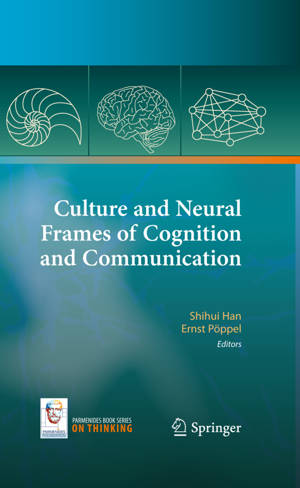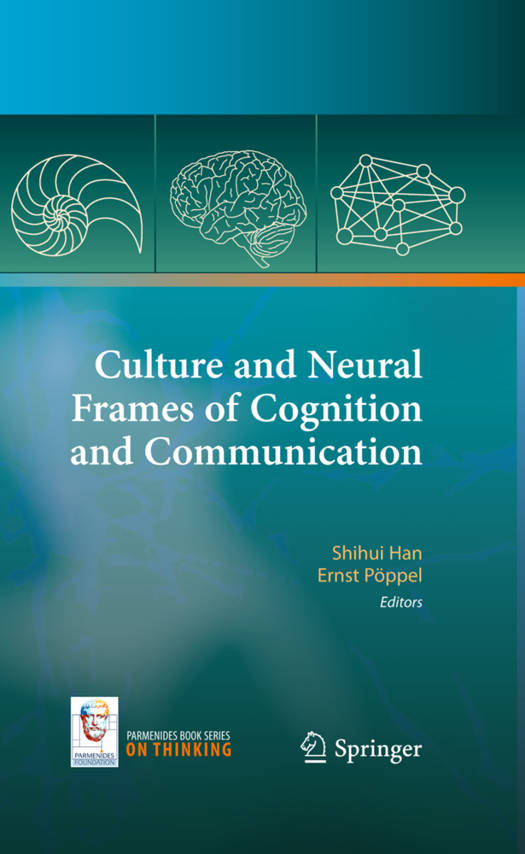
- Afhalen na 1 uur in een winkel met voorraad
- Gratis thuislevering in België vanaf € 30
- Ruim aanbod met 7 miljoen producten
- Afhalen na 1 uur in een winkel met voorraad
- Gratis thuislevering in België vanaf € 30
- Ruim aanbod met 7 miljoen producten
Zoeken
Culture and Neural Frames of Cognition and Communication
€ 232,45
+ 464 punten
Omschrijving
Cultural neuroscience combines brain imaging techniques such as functional magnetic resonance imaging and event-related brain potentials with methods of social and cultural psychology to investigate whether and how cultures influence the neural mechanisms of perception, attention, emotion, social cognition, and other human cognitive processes. The findings of cultural neuroscience studies improve our understanding of the relation between human brain function and sociocultural contexts and help to reframe the "big question" of nature versus nurture. This book is organized so that two chapters provide general views of the relation between biological evolution, cultural evolution and recent cultural neuroscience studies, while other chapters focus on several aspects of human cognition that have been shown to be strongly influenced by sociocultural factors such as self-concept representation, language processes, emotion, time perception, and decision-making. The main goal of this work is to address how thinking actually takes place and how the underlying neural mechanisms are affected by culture and identity.
Specificaties
Betrokkenen
- Uitgeverij:
Inhoud
- Aantal bladzijden:
- 314
- Taal:
- Engels
- Reeks:
- Reeksnummer:
- nr. 3
Eigenschappen
- Productcode (EAN):
- 9783642266539
- Verschijningsdatum:
- 27/02/2013
- Uitvoering:
- Paperback
- Formaat:
- Trade paperback (VS)
- Afmetingen:
- 156 mm x 234 mm
- Gewicht:
- 458 g

Alleen bij Standaard Boekhandel
+ 464 punten op je klantenkaart van Standaard Boekhandel
Beoordelingen
We publiceren alleen reviews die voldoen aan de voorwaarden voor reviews. Bekijk onze voorwaarden voor reviews.










